|
Competing claims to urban space are central to everyday politics in Africa’s cities. For instance, groups native to a territory often hold special rights over migrants fuelling a political struggle over control of the city. Jeffrey W. Paller argues that focusing on everyday politics can help explain why powerful interest groups undermine policies that might improve the public good. This can lead to development of long-term, pro-poor, decision-making pathways instead of short-term solutions and personalistic politics.
|
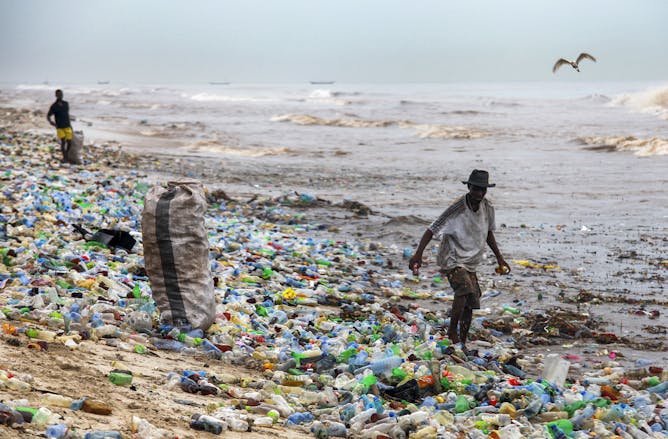
The Korle Gono beach in Accra covered in plastic bottles and other items washed ashore following weeks of heavy flooding in 2016.
EPA/Christian Thompson
Jeffrey W Paller, University of San Francisco
Focusing on everyday politics can help explain why powerful interest groups undermine policies that might improve the public good.
|
Science + Technology
|

Werner van Zyl, University of KwaZulu-Natal
Gold is one of 12 confirmed elements on the periodic table whose discoverer is unknown.
| |
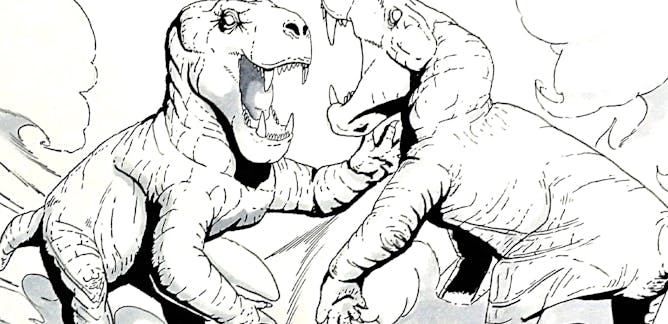
Julien Benoit, University of the Witwatersrand
The discovery of a fossilised large predator is a rare event that offers insight into these beasts from the past.
|
|
|
Business + Economy
|
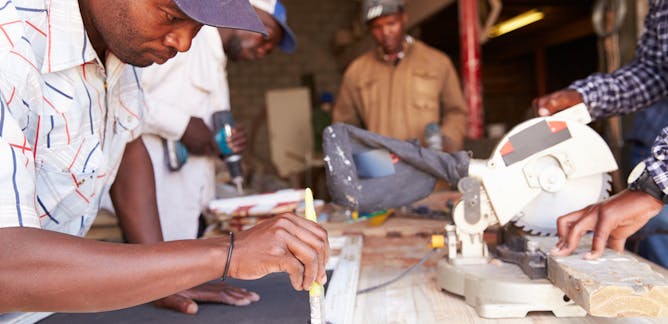
Moegammad Faeez Nackerdien, University of the Western Cape; Derek Yu, University of the Western Cape
Little is known about how many people transition between the informal and formal sectors, a phenomenon called "churning".
| |
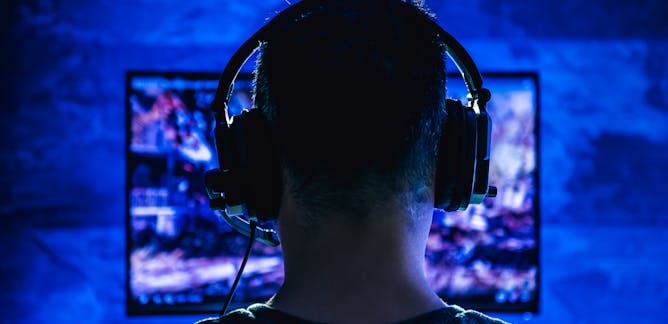
Delon Tarentaal, Rhodes University; Jen Snowball, Rhodes University
To help establish South Africa's gaming industry as a viable career path for more diverse participants, more support for the technical training required has to be considered.
|
|
|
From our international editions
|

Jacco van Loon, Keele University
Meteorites might look like boring bits of rock – but each one has a fascinating story.
| |

Garfield Benjamin, Solent University
Teaching our children about consent is important in any aspect of life, and online privacy should be no exception.
|
|
|
En français
|
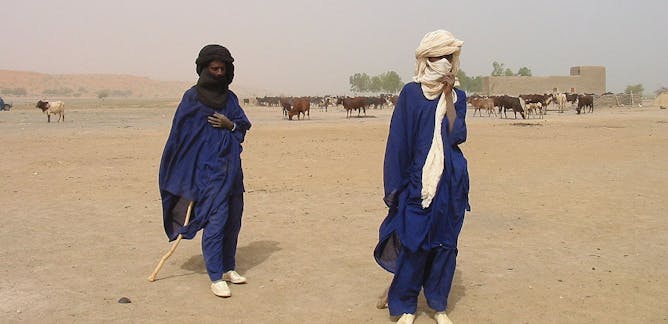
Dougoukolo Alpha Oumar Ba-Konaré, Institut national des langues et civilisations orientales - Inalco - USPC
Une grande partie des tensions actuelle est due à l’irruption d’acteurs externes. Mais sans État pour s’interposer, défendre et expulser les acteurs de la discorde, la violence risque de s’accroître.
| |
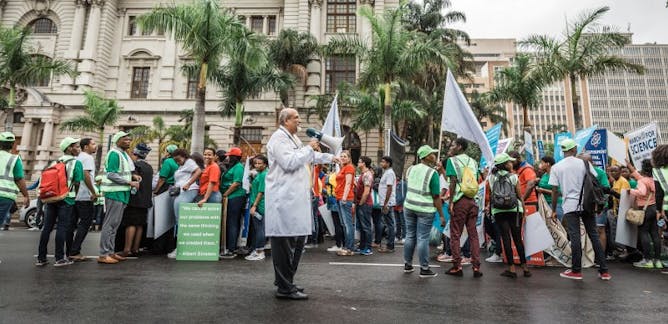
Luc Ngwé, Université Paris Descartes – USPC; Hamidou Dia, Institut de recherche pour le développement (IRD)
La mobilité des étudiants africains est essentielle au développement d’une pensée intellectuelle africaine fondée sur l’échange avec la diaspora et l’engagement des universitaires africains.
|
|
|